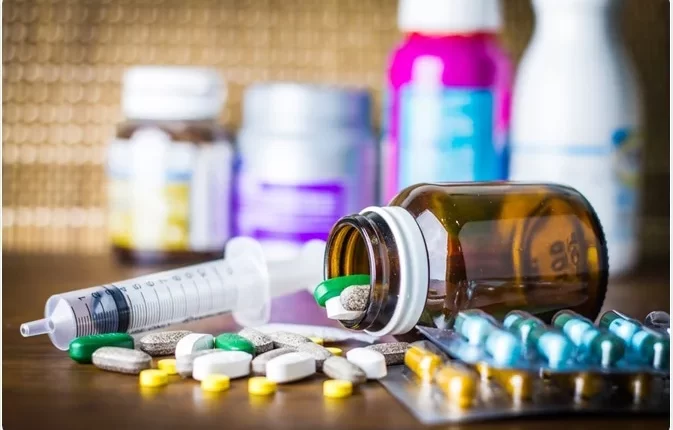In a move to confront the growing menace of substance abuse among young people in Northern Ghana, ICT for Development NGO Savana Signatures, is convening a high-level Stakeholder Engagement on Combating Substance Abuse in the Northern Region on Wednesday, 29th May 2025, at the organization’s headquarters in Gumani, Tamale.
Themed “From Awareness to Action: Strengthening Multi-Stakeholder Solutions for a Substance-Free Northern Ghana,” the engagement will bring together diverse actors from the Ghana Health Service, Ghana Education Service, Narcotics Control Commission, law enforcement agencies, media, civil society organizations, traditional and religious leaders, and youth groups. The aim: to build a unified, community-based response to what many now call a silent epidemic.
According to Savana Signatures, recent outreach through its youth-centered campaign, “Get High on the GoodLife,” revealed deep concerns from school authorities, students, and parents about the rise in drug use, especially substances like tramadol, cannabis, and other narcotics among teenagers.
“Substance abuse is no longer just a city issue, it’s becoming a reality in our schools, our homes, and our communities,” said Emefa Ethel Ehla, Head of Programmes at Savana Signatures.
Since the beginning of this year, the campaign has reached thousands of students in senior high schools across the Northern Region and various communities, using interactive media, peer discussions, and educational sessions to shift mindsets and provide alternatives to drug use. But organizers insist that awareness alone is not enough.
The upcoming engagement, which runs from 9:00 AM to 1:00 PM, will provide a platform for stakeholders to:
- Share data and insights on regional trends in drug abuse
- Identify policy and enforcement gaps
- Discuss community-level interventions and rehabilitation support
- Commit to collaborative action and resource sharing
Venue: Savana Signatures Office Complex, Gumani Heights, X315 Hassania Avenue, Tamale
Savana Signatures believes that only through coordinated multi-sector action can real progress be made in preventing drug abuse and supporting youth affected by it. With growing calls for reform, education, and more accessible support systems, this event is expected to chart a forward-thinking roadmap for the region.
As Northern Ghana confronts the threat of substance abuse, this stakeholder forum may very well mark the beginning of a long-needed regional turnaround, one that puts the health and future of young people first.
By: Prince Kwame Tamakloe/Zaaghnana.co m


